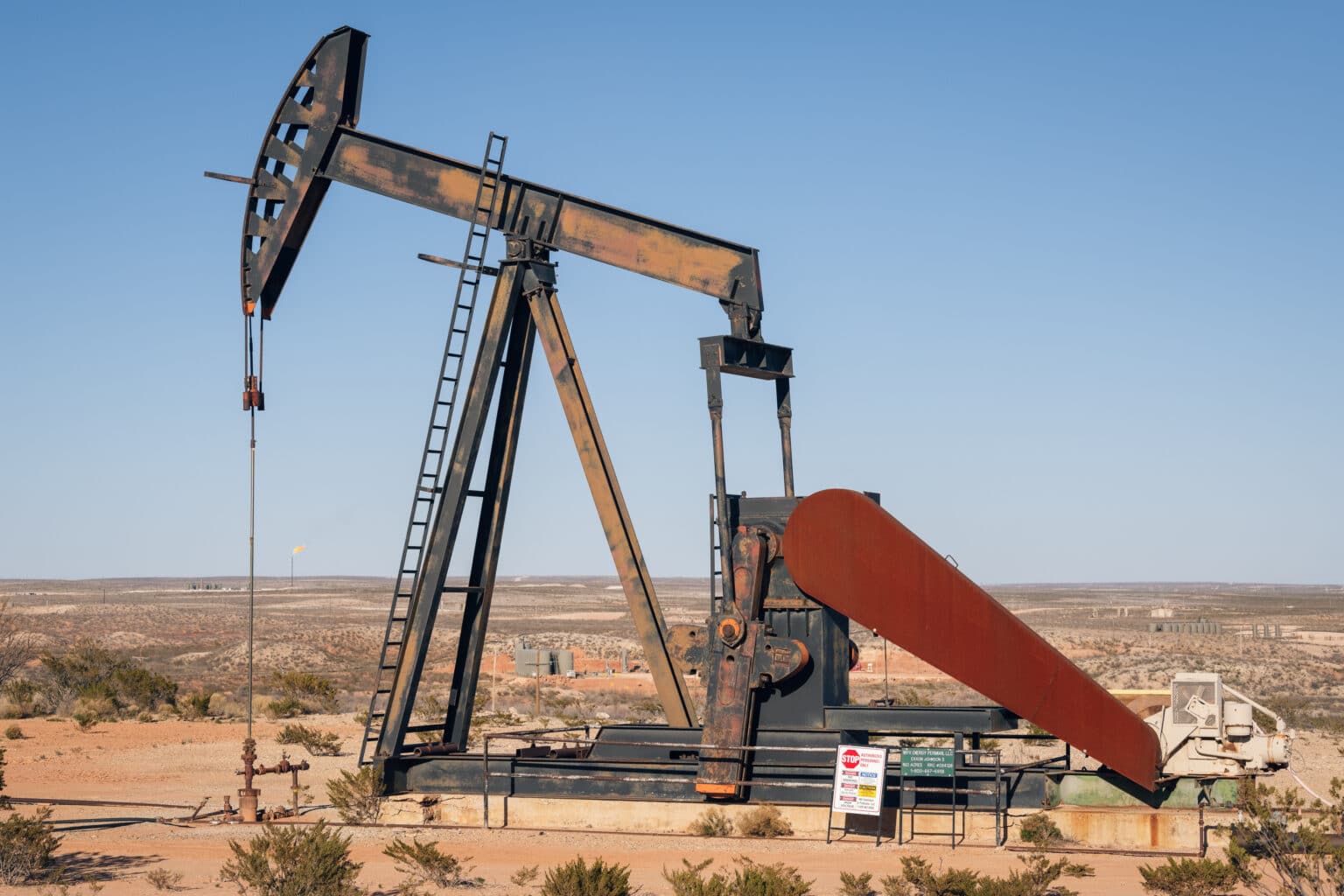By Jessica Corbett, Common Dreams. Originally published on Common Dreams.
A group of House Democrats on Wednesday sent letters to 13 of the top U.S. insurers, urging them to stop profiting “from the expansion of fossil fuels while ripping the rug out from under the communities most affected by climate change.”
U.S. Reps. Jared Huffman (D-CA) and Mondaire Jones (D-NY) led 14 colleagues in calling on the companies to end underwriting and investing in fossil fuel projects.
“Continued investment in the expansion of fossil fuels stands in direct contradiction to the scientific consensus and the United States’ obligations under the Paris climate agreement,” the lawmakers told the companies. “It also harms communities on the frontlines of the climate crisis and threatens financial stability at large.”
“No U.S. insurance company has adopted comprehensive restrictions on underwriting and investments in fossil fuel expansion.”
The Democrats’ demand came after the latest Intergovernmental Panel on Climate Change (IPCC) report, released earlier this month. The lawmakers cite the global body’s findings as well as the Biden administration’s emissions pledge to meet the aims of the Paris agreement.
“The IPCC and the Biden administration agree that it is critical to limit global temperature rise to below 1.5°C above preindustrial levels to avoid the most catastrophic effects of climate change on our communities,” the letters state, referencing the bolder Paris goal. “To stay below a 1.5°C threshold, the International Energy Agency has made clear that there can be no new development of fossil fuel projects.”
“Despite the scientific consensus, no U.S. insurance company has adopted comprehensive restrictions on underwriting and investments in fossil fuel expansion,” the letters note. “While we are encouraged that some U.S. insurers have taken steps to restrict investment in the most polluting fossil fuels, including coal and tar sands, fossil fuel expansion of any kind is inconsistent with current scientific realities.”
Major insurance companies have been funding fossil fuel projects despite the climate risks. They’re profiting off fossil fuel but raising prices for customers and putting our economy and financial system at risk.
— Rep. Mondaire Jones (@RepMondaire) April 27, 2022
My colleagues and I are calling them out.https://t.co/msx9HQld91
The lawmakers targeted American Insurance Group, Chubb, Berkshire Hathaway, Liberty Mutual, Travelers, the Hartford, Starr Insurance Companies, W.R. Berkley, FM Global, Markel, Skyward Specialty Insurance, Lincoln, and Great American Insurance Group.
“U.S. insurers remain well behind their global peers on mitigating climate risk,” the letters assert, pointing out that the companies “continue to be among the largest insurers of oil and gas in the world, supporting new fossil fuel projects that our planet can ill afford.”
“By enabling the expansion of fossil fuels, the insurance industry is putting its own financial viability and our economic stability at large in peril,” the letters warn. “The increase in frequency and severity of wildfires, floods, hurricanes, and droughts will disrupt supply chains, compress corporate profits, drive up insurance claims, reduce the availability of insurance, and generally limit the ability of affected borrowers to repay debt.”
In a statement shared by the lawmakers, leaders from advocacy groups that have long pressured insurers to ditch the dirty energy industry echoed the argument.
“Insurance companies must understand that backing dead-end fossil fuel development is as bad for business as it is for our families and the animals and resources we depend on to survive.”
– Bernadette Demientieff
“Insurance companies are meant to protect us from catastrophic risks, but the industry’s ongoing support for fossil fuel expansion puts the communities they serve and our planet in peril,” declared Deanna Noël, climate campaign director at Public Citizen.
“U.S. insurers continue to lag behind their global counterparts by refusing to rule out support for new oil and gas, even as companies like Chubb and Liberty Mutual are dropping coverage for some California homeowners at risk of climate-driven wildfires,” she continued. “This trend will only get worse if the insurance industry continues to enable new oil and gas projects. Anything short of an end to fossil fuel expansion is a slap in the face to future generations and further diminishes our ability to avert climate catastrophe.”
Bernadette Demientieff, executive director of the Gwich’in Steering Committee — which has led the fight against fossil fuel extraction in the Arctic National Wildlife Refuge — said that “insurance companies must understand that backing dead-end fossil fuel development is as bad for business as it is for our families and the animals and resources we depend on to survive.”
“Climate change already impacts Indigenous peoples at a greater rate than the rest of the world, and we will never stop using our strength and our voices to protect every being and element that feeds our bodies and spirit,” she added. “It’s time for every insurance company to ensure the rights of the Indigenous Peoples and wildlife who rely on the Arctic refuge for survival instead of insuring oil drillers who will destroy this sacred place.”
Subscribe to our newsletter
Stay up to date with DeSmog news and alerts







